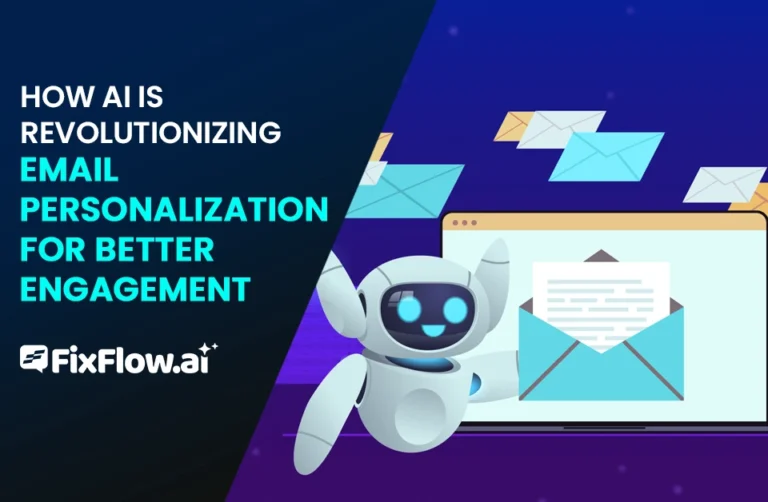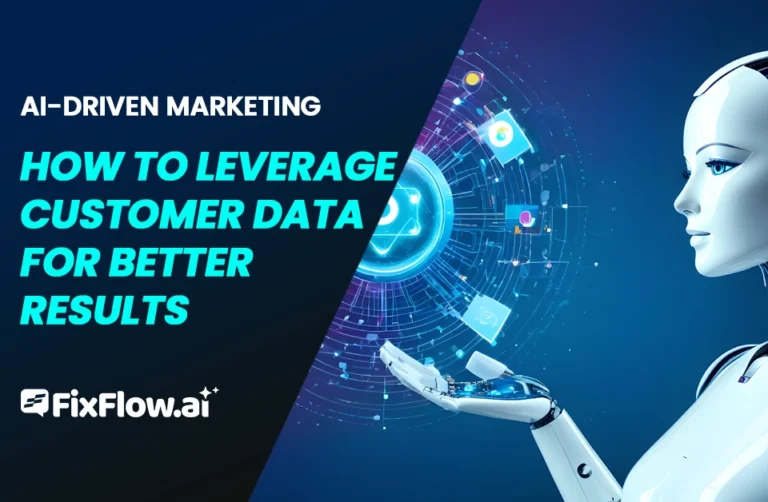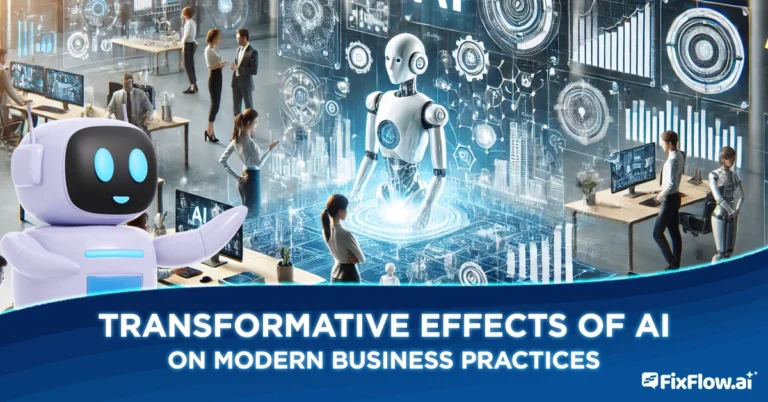The Future of AI in Social Media and What It Means for Users
AI is rapidly transforming social media through personalized feeds, AI-generated content, and advanced moderation tools. You’ll experience more tailored content that matches your interests, but this comes with privacy concerns as algorithms collect extensive data about your behavior. The line between real and artificial content continues to blur, requiring new media literacy skills. Understanding how these systems work will help you maintain control in this increasingly AI-mediated social landscape.
How AI Is Transforming Content Curation and Discovery
Anyone who’s spent time scrolling through social media has experienced the invisible hand of AI shaping what they see. The days of chronological feeds are long gone, replaced by sophisticated feed personalization and content suggestions tailored to your specific interests and behaviors.
Today’s algorithms don’t just analyze what you’ve liked in the past; they monitor how long you pause on certain posts, predict content that might capture your attention, and continuously refine their understanding of your preferences. This evolution toward hyper-personalized feeds based on real-time behavior means you’ll increasingly see content that resonates with your immediate interests rather than generic popular content. While this creates a more engaging experience, it also raises questions about how these invisible systems influence what information reaches you.
The Rise of AI-Generated Social Media Content
While most users scroll through their feeds without a second thought, an increasing portion of the content they’re consuming isn’t created by humans at all. AI-generated influencers and virtual content are rapidly integrating into our social media experience, blurring the line between real and artificial.
You’re likely to encounter synthetic media and avatars with growing frequency, from virtual models promoting real products to entirely AI-created storylines designed to capture your attention. These digital entities can produce content at unprecedented speed and scale, often tailored to match your interests more precisely than human creators can.
As this technology advances, you’ll need to develop new media literacy skills to distinguish between authentic human expression and algorithmically generated content designed to maximize engagement.
Privacy Implications of Advanced AI Algorithms
How much of your personal life is being analyzed each time you scroll through social media? More than you might realize. Today’s AI algorithms track not just what you click, but how long you linger on content, what time of day you’re active, and even your emotional responses to posts.
While personalized content AI delivers more relevant experiences, it comes at a cost. These systems build increasingly detailed profiles of your preferences, relationships, and behaviors, often without transparent disclosure. AI recommendations might seem helpful, but they’re powered by extensive data collection that crosses traditional privacy boundaries.
You’re facing a trade-off: convenience versus control of your digital footprint. As algorithms become more sophisticated, the distinction between enhancing user experience and invading personal privacy grows increasingly blurred.
AI’s Role in Combating Misinformation and Toxicity
As social media platforms grapple with waves of false information and harmful content, AI has emerged as both a shield and a sword in this ongoing battle. You’ll increasingly encounter AI moderation tools working behind the scenes to flag potentially misleading claims before they reach your feed.
These systems can now analyze context, not just keywords, making them more effective at distinguishing between harmful content and legitimate discourse. The technology is also facilitating AI-driven community building by creating safer spaces where meaningful conversations can flourish without toxic interruptions.
While these tools aren’t perfect, false positives still occur, but they’re evolving rapidly. You’ll benefit from cleaner feeds and more trustworthy information as platforms continue refining these systems to combat digital pollution without stifling authentic expression.
Preparing for an AI-Mediated Social Experience
The shift to AI-mediated social platforms isn’t happening in some distant future; it’s unfolding right now in your daily scrolling habits. Every like, pause, and comment is feeding sophisticated user behavior prediction systems that shape what you’ll see next.
To thrive in this environment, you’ll need to develop digital literacy that includes understanding how hyper-personalized feeds based on real-time behavior actually work. Consider periodically breaking your typical engagement patterns to avoid getting trapped in content bubbles.
You can also take control by actively curating your experience, adjusting privacy settings, reporting algorithmic recommendations that miss the mark, and occasionally seeking content outside your comfort zone. The platforms are adapting to you, but you maintain the power to guide that adaptation.
Frequently Asked Questions
Will AI Eventually Replace Human Influencers Entirely?
While AI-generated influencers are gaining traction, they’re unlikely to replace human influencers completely. You’ll probably see a hybrid landscape where virtual influencers handle certain niches, but humans will retain advantages in authenticity and emotional connection. The personal experiences and genuine relatability that human influencers offer can’t be fully replicated. What’s more likely is that you’ll encounter both working together, with humans using AI tools to enhance their content.
Can Users Opt Out of AI Personalization Features?
Yes, you can opt out of AI personalization on most platforms, though options vary. Look for “privacy settings” or “ad preferences” in your account menu. You’ll typically find toggles for personalized content, data collection, and algorithmic recommendations. However, complete opt-out is challenging, as basic personalization is built into most services. Some platforms offer “chronological” feeds as alternatives to algorithm-driven content, giving you more control over what you see.
How Will AI Impact Mental Health Through Social Media Use?
AI could impact your mental health on social media in both positive and negative ways. You’ll likely experience more personalized content that might reduce overwhelm, but you’re also susceptible to deeper echo chambers and addiction-forming feeds. AI tools may help detect concerning patterns in your usage or signs of depression, but they’ll also enhance algorithms designed to maximize your engagement regardless of emotional cost.
Will AI Help Bridge Political Divides or Worsen Them?
AI could both bridge and deepen political divides. You’ll likely see AI helping by exposing you to diverse viewpoints and detecting misinformation. However, it’s also worsening polarization through hyper-personalized content that reinforces your existing beliefs. The outcome depends on how platforms design their algorithms – whether they prioritize engagement (which often means controversy) or understanding. Ultimately, it’s not just about the technology but how we choose to implement it.
How Can Creators Maintain Authenticity in an AI-Dominated Landscape?
To maintain authenticity in an AI-dominated landscape, you’ll need to highlight your human perspective. Share personal stories and behind-the-scenes content that AI can’t replicate. Be transparent about when you’re using AI tools. Develop a distinctive voice that reflects your unique experiences. Engage directly with your audience through live interactions. Remember, your genuine human connection is your competitive advantage against AI-generated content.







